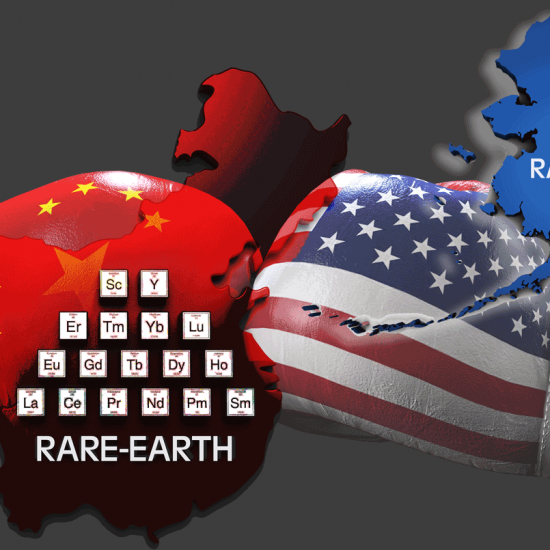Elected last November, Sen. Dan Sullivan seems tailor-made for the times, and specifically for the debate over Iran. In 21 years of active and reserve service as a Marine, including work as a staff officer to the then-commander of U.S. Central Command General John Abizaid, Sullivan later served as the assistant secretary of state in the George W. Bush administration whose portfolio included combating terrorist financing.
If there is one person in the Senate who knows first-hand the difficulty of getting companies and countries to cease doing business with Iran and the regime’s part in murdering hundreds of Americans with IEDs, it is Sullivan. (“These were brutal, horrible [weapons]. The IEDs were very sophisticated. They could even take out an Abrams tank.”)
In an interview in his Senate office, he could go deep into the weeds of the Iran deal, citing specific provisions, but says it is important to keep the big picture in mind. He dismisses the idea of “snapback” sanctions, citing the hard work starting in 2006 to impose sanctions and isolate Iran economically. “It’s really an illusion,” he says of snapbacks. “First, there is just the practicality of it. Already we see CEOs of European countries lining up to get in on the front end [of Iran business].” Especially with the so-called grandfather provision, Sullivan says, “There is no snapback. It’s a long slog to get them out.”
Even worse, he says, is the structure of the deal which lifts almost all sanctions up front. “Let’s say sanctions are lifted. The Iranian economy is humming along. Iran didn’t violate the deal for two or three years. Then it commits a brazen act of terrorism — say bombing an embassy,” he says. “Congress is outraged. The response is to pass some new sanctions, even unilaterally.” Under the terms of the deal, he reminds us, Iran is relieved of all its obligations. It keeps the economic gains, keeps its suspended nuclear program and now can race ahead to breakout without fear of viable sanctions.
When senators question Secretary of State John F. Kerry, Sullivan does not hear straight answers. Instead, Kerry threatens that Congress will be isolated if it rejects the deal. (Of course, it was Obama who went to the United Nations with it.) Sullivan says, “Countries where they have an economic interest that might be impacts want this agreement. The countries where their security interest is impacted do not.” As for Congress being “isolated,” Sullivan points that Obama began with Iran isolated as a pariah state.
Indeed, the administration’s attitude toward Congress has been remarkably contemptuous. “They are dismissive of the American people weighing in on the deal through their elected representatives,” he tells me. “You have two former members of the Senate — John Kerry and Barack Obama — fighting to make sure the American people don’t weigh in.”
See Full Story at Washington Post











